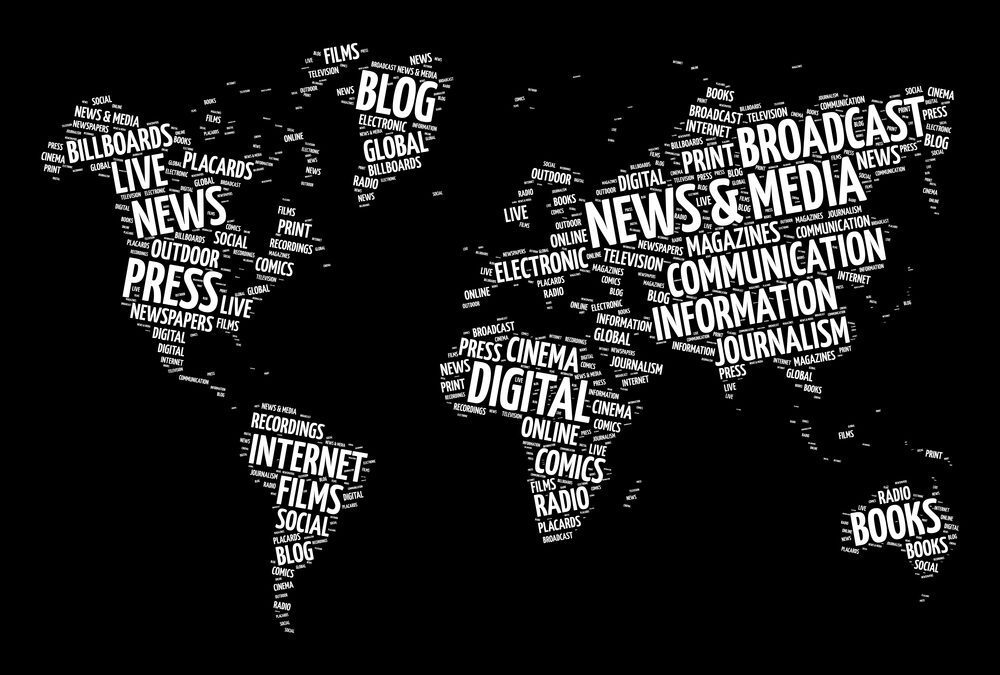America’s new bold tariff play has, if nothing else, cast a shadow of uncertainty over the world economy. Using tariffs to protect domestic industries is a valid tool in the economic toolbox. By doing so you make imported goods more expensive, thereby offering a competitive advantage to locally produced goods or services. They are particularly useful to protect a new growing industry or a strategically important one. They also raise revenue for the government. There is a feeling in the USA that globalisation has hollowed out American manufacturing, and that the vaunted benefits of globalisation are not being broadly felt by the people. But most economists believe that trade is a good thing, because it makes everyone richer, and barriers to free trade, like tariffs, are bad. The reason that trade makes people richer is that you can specialise. If I have lots of product X and you need some, and you are good at making product Y, and I would like some of that, then a trade will make us both happy. We trade constantly, it is just because we use money to facilitate the trade, we think about it as buying and selling.
During WW2 because Japan conquered Indochina and Malaya the USA lost its rubber supply and had to develop synthetic rubber instead. Germany struggled throughout the war from a lack of oil, particularly so after the loss of the Romanian Ploiesti oil fields. Many strategic moves are rooted in trade. Britain’s control of Gibraltar, and up until 1956, it’s control of the Suez Canal were/are about being able to keep the shortest, and cheapest, shipping lanes open. This is also why the current Houthi conflict in Yemen gets attention, as Yemen borders the Red Sea, which itself leads to the Suez Canal. Moving goods by sea is much more cost effective than moving them overland. Protecting strategically important industries and resources is important, and tariffs can be used to do that. What are the strategically important resources of today. Oil is still very important, but so too are microprocessors, the semiconductors that go in them, the rare elements used in the production of both, and space, which hosts satellites providing intelligence, GPS, and the internet. This is why Taiwan, the last remnant of Imperial China not part of Communist China, comes into regular focus, because it is a world leader in microprocessor and semiconductor production.
One of the stated goals of the USA’s tariffs is to reduce trade deficits. If I buy more from you than you buy from me, then I have a trade deficit, and you have a trade surplus. This isn’t necessarily a bad thing. I have a huge trade deficit with my local supermarket, they don’t buy trainings from me. But I have trade surpluses elsewhere and it all balances out.
The real underlying problem at play here is that we have different countries. This means that we draw lines on maps and do accounting about deficits and surpluses as a result. But we don’t have a net trade imbalance on the planet as a whole, nor for that matter do we have any net debt. We don’t owe anything to the Moon, Jupiter, or Mars, and we don’t buy anything from them either. But we do have wealth inequalities between and within countries. By separating ourselves into different countries and blocks, and then failing to make grown-up agreements with each other, we will all become poorer and less safe. One of the very real dangers in ramping up a trade war this that somebody, somewhere decides that the only way to make things ‘fair’ again is through an actual fighting war. Let’s hope somewhat wiser and cooler heads prevail and trade objectives are mutually met without that.
“Mankind must put an end to war before war puts an end to mankind.” John F Kennedy





